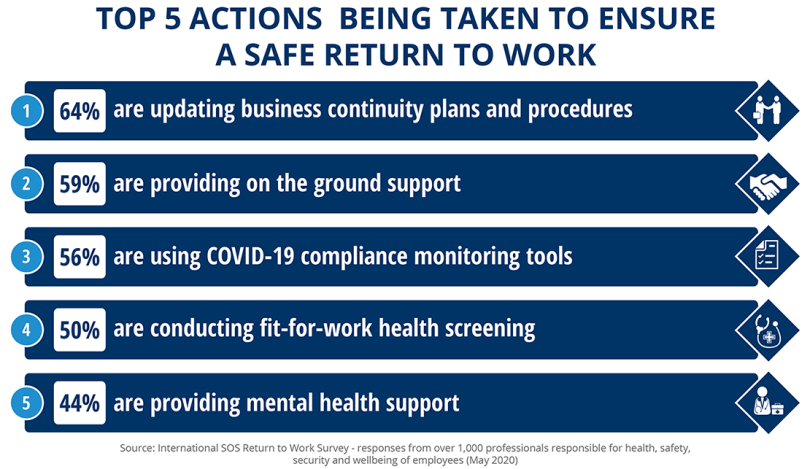The Covid-19 outbreak has amplified the need for fast, insightful and transparent communications during a crisis. It is their communications with employees, stakeholders and customers that is truly defining those organisations that have adapted most effectively to the pandemic.
Health concerns, job security, economic turmoil – it’s a challenging time to operate. For the moment, the world as we know it has turned upside-down, and in the midst of Covid-19, many organisations are slashing marketing and communication budgets to save costs. Yet if long-term survival is your goal, now is the best time to keep effective communication open.
Now that lockdowns are being eased in many countries, with shops, restaurants and offices beginning to reopen, the return to work from business premises rather than from home is starting to gather pace. But with the threat of a second wave of Covid-19 still very real, all organisations need to consider how they can enable their employees to return to work safely.
With this in mind, International SOS, has carried out research into the steps that organisations are taking to support the return to work. This has found that the top priorities include updating business continuity plans and procedures, monitoring compliance with Covid-19 safety rules and conducting fit-for-work heath screening.
The Crises Control platform can help with all of these functions. A number of our customers have already been using the platform to remotely monitor the health and wellbeing of their employees during home working. They have told us that Crises Control has been a vital tool for them to keep track of and support their teams during lockdown.
Now that some employees are planning for a return to the office companies can the two-way communications and survey tools on the platform to check on the health of employees before they return to the office. It can also, for example, check on employees who have been on holiday abroad over the summer and monitor their compliance with any self-isolation or quarantine requirements.
The platform can also help with the updating of business continuity plans and procedures, by hosting virtual exercises and then providing a cloud based location on which to store and distribute BC plans during a critical incident. In fact, that was the original use for the platform when it was set up.
Our vision is to democratise emergency communications and simplify the management of crises, and this is where we are able to accelerate the resilience planning of our customers. For more information visit our website and download our white paper entitled “Helping your business to survive through COVID19 and beyond“.
Shalen Sehgal – MD Crises Control







